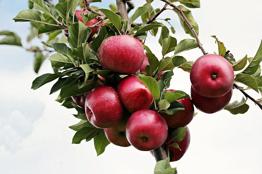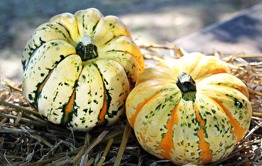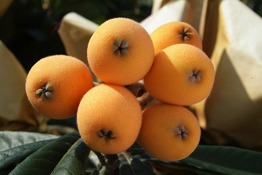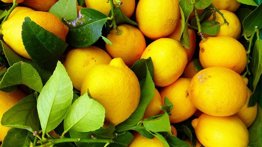Adar I Shemitah Update
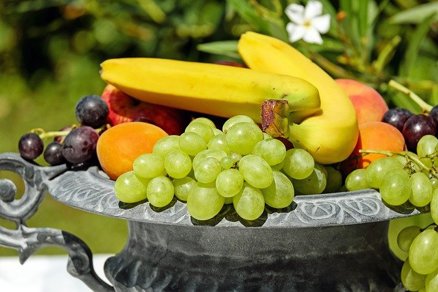
Work in gardens
We are now in the middle of the shemitah year and the prohibitions of working the soil apply in full.
In regular years, this is the time to prune deciduous trees and grapevines. During shemitah this is forbidden.
At this stage of the year, bulbs that were buried in the ground before shemitah have begun to sprout following the winter rain. If the bulbs are not edible it is permissible to water them as necessary to prevent them from dying.
Some trees already have fruits that have began to develop this year (chanatah). Primarily: lemons, loquats, and certain strains of peach. Towards the end of this month, deciduous trees will begin to bloom. The moment fruit begins to develop on these trees, it is forbidden to remove the fruit or prune the fruit-bearing branches before the fruit ripens.
Spring is coming soon, the season when aphids of different types reproduce and can damage blossoms and fruit. If they cause significant damage to the tree, it is possible to treat the trees by spraying pesticides. Halachically, it is preferable to apply pesticides to irrigation water.
Fruits
Only fruits that began to grow during shemitah will have kedushat shevi'it. Until now, there are only a few such fruits: blueberries, pitaya, passionfruit (some hold they are vegetables), sabras (prickly pear, certain strains), starfruit, and Peruvian apple cactus fruit. This month, we may see in the market certain strains of peach and loquat that began to develop after Rosh Hashanah this year and were harvested during shemitah.
In home gardens, additional fruits that began growing during shemitah are already ripe: primarily kumquats and dwarf lemons, and some sabra fruit. If you are not certain which year these fruits belong to, treat them as having kedushat shevi'it owing to doubt, but also separate terumot and ma'aserot without a blessing.
Vegetables
Any vegetable harvested during shemitah has kedushat shevi'it. This is also true for any herb or tea leaf picked during the shemitah year in our home gardens and for many vegetables and herbs available in the marketplace.
For this reason it is very important to buy vegetables with a reliable kashrut certification and it is recommended to consume kedushat shevi'it produce.
We are now in the middle of the winter, and at this point there is a concern that nearly all vegetables were sown or planted during the shemitah year. If planted in a forbidden fashion, this would render them forbidden to eat or benefit from due to the sefichin prohibition.
Exceptions: sweet potato, pumpkin, butternut squash, horseradish, and arum.
There are also many legumes that are not generally grown in Israel on a commercial level, so shemitah prohibitions do not apply: rice, dried beans, soy beans, and lentils.
This month garlic harvest begins. Until now, most Israeli-grown garlic was sixth-year. Nevertheless, the majority of garlic on the market is imported.

